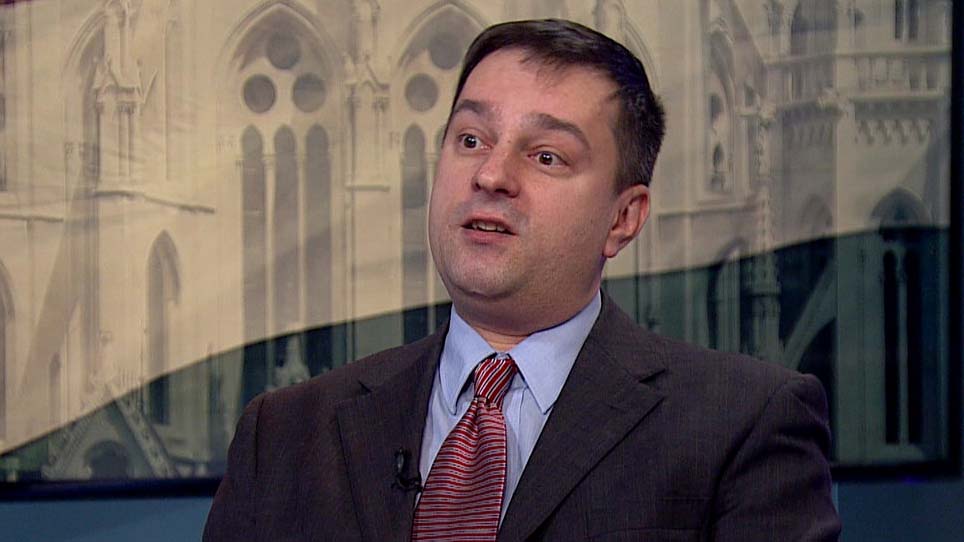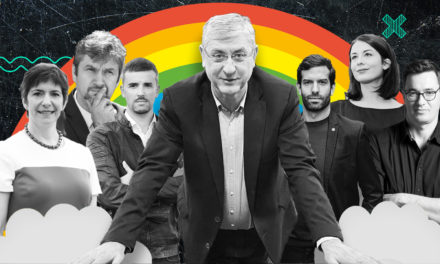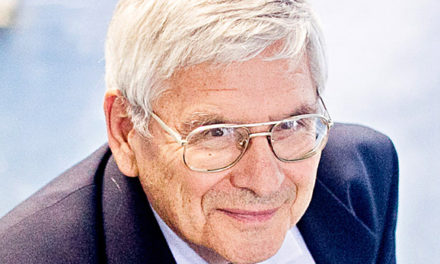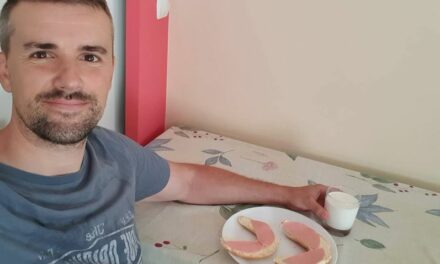Before 2010, the funds from the Union went back to the West with a postal order, and even today they mostly benefit the old member states. The ATM spits out money for others.
The EU is not an ATM! – more recently, this communication panel has been pushed by pro-integration politicians towards Warsaw and Budapest. Below we examine why this is not true in this form.
The claim suggests that the new member states live off the "donations" of Western taxpayers, and that some "corrupt" or "nationalist" politicians use EU money to "break up" the union. The old truth is true here: If a lie is repeated a thousand times, it doesn't make it true. Let's take a look!
Before globalization, the citizens and companies of the Western net-paying countries paid the tax, from which they supported the poorer countries of the integration. The latter used the money to buy German buses and trucks, French power plants, Italian cars and food, or even Dutch services. At that time, these products were typically manufactured in Western European countries, or the profits were reduced there after that. However, a sharp change occurred around the millennium.
Western multi-companies used the opportunity of globalization and tax optimization, so they outsourced production to Central and Eastern Europe and stashed away profits in tax havens. Unbelievable, but true: The standard of living of the average Western European began to decline from then on. The mainstream wanted to sew this around the neck of the "Polish plumber" and if we talk to Western Europeans, they associate the beginning of the descent with the 2004 eastern enlargement of the EU.
The former closed and circular model has since become open. What has not changed is that they collect taxes from Western citizens, from which they continue to support the poorer member countries. What has changed a lot is that Swedish buses are now manufactured in Poland, and multinational companies no longer pay taxes in their home country, but in Ireland, Luxembourg, or other tax havens.
When Western politicians mention "cash machines", they also suggest that we should "be grateful" for their "money", which is accompanied by a perceived moral superiority of deep contempt. This is a strange mentality on the part of the politicians of former colonial countries, who want to educate the citizens of freedom-loving and freedom-fighting countries.
Viktor Orbán has stated several times that the EU funds come as part of a budget agreement, so they cannot be set up as a "donation" and new political conditions can be attached to their payment. This money can also be understood as a kind of compensation for the doctors, engineers and skilled workers who were trained with our money and migrated to the West, as well as for the profits of the multi-companies. Left-wing economist Thomas Piketty also showed that Western countries gain more on the EU market than they pay in.
And finally, the most important thing: While in our region the EU (still) functions as a reverse cash machine, i.e., at the end of the equation, more money goes west from here than comes in, while for the countries of the periphery of the euro debt zone, the EU is a real cash machine. Before the Covid epidemic, they were already living off the indirect credit financing of the European Central Bank, and now they want to prolong this with the "Maastricht Light" criteria and the new bond purchase program starting next spring.
the Belgian government member who talks about the "cash machine" should perhaps reduce his country's debt of 120 percent of GDP to the required 60%. The pattern is given: the governments of Viktor Orbán significantly reduced the Hungarian national debt twice in 2002 and before the epidemic, and if the patriotic economic policy is continued, this can be achieved for a third time.
Source: mogzasterblog.hu
Photo: hirado.hu












